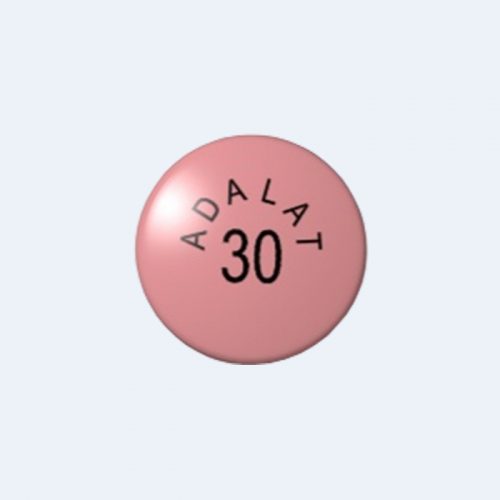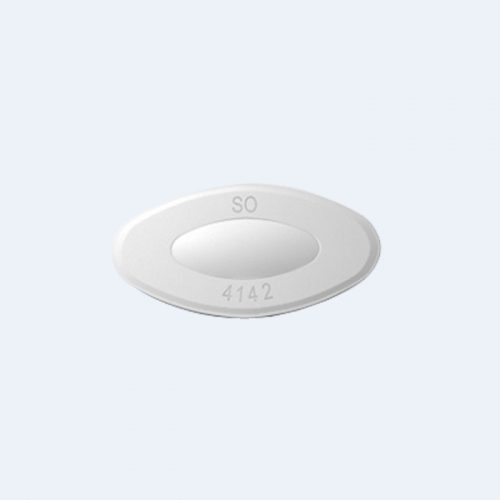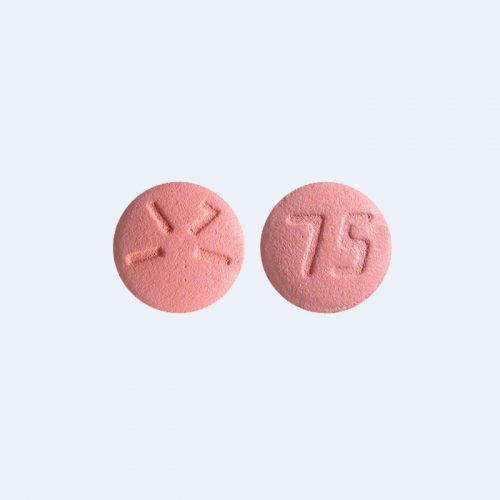Lozol

Benadryl
June 7, 2017
Stromectol
June 26, 2017Everything about Lozol and Its Intake
Lozol is a prescription drug taken by patients to treat hypertension. It’s also prescribed by doctors to treat fluid retention or edema caused by such conditions as congestive heart disease.
Basically, it belongs to a class of drugs called water pills or diuretics, and this medicine works by helping kidneys to get rid of unnecessary salt and water.
Important Warnings
Before taking Lozol, report if you have the following medical conditions:
- Gout and diabetes;
- Kidney and liver problems;
- Heart conditions and urinating issues;
- Lupus and persistent vomiting;
- Thyroid diseases and allergies;
- Low potassium levels.
The intake of this medication may affect blood sugar levels, so people with diabetes should be careful. Inform your physician if you must stick to any low-salt diet, because it may be adjusted during this treatment.
Try to avoid dehydration when taking Lozol and remember that it may make you more sensitive to direct sunlight. Avoid any prolonged sun exposure and tanning booth, and try to use effective sunscreens or protective clothing.
Pregnant women are allowed to start this treatment only when it’s clearly needed.
Possible Lozol Side Effects
There are some adverse reactions that can be caused by this medication, but they are rare and most of them are mild. For example, patients may experience the following symptoms:
- Back pain and frequent urination;
- Mild lightheadedness and dizziness;
- Mild diarrhea and headaches;
- Drowsiness and constipation;
- Vomiting and nausea;
- Unusual nervousness and runny nose;
- Upset stomach and difficulty sleeping;
- Unusual weakness and sexual function problems.
If any of these mild side effects persist or get worse, contact your doctor at once.
When taking Lozol, serious side effects are quite rare, but they all require immediate medical attention:
- Blurred vision and chest pain;
- Dark urine and jaundice;
- Pale-colored stools and fainting;
- Dry mouth and unusual fatigue;
- Reduced urination and other similar problems;
- Irregular and fast heartbeats;
- Increased thirst and severe stomach pain;
- Sore throat, fever and other signs of new infections;
- Loss of appetite and confusion;
- Numbness of feet and hands;
- Blistered, peeling, swollen and red skin;
- Sudden mood and mental changes;
- Muscle weakness, pain and cramps;
- Swelling of feet, ankles and hands;
- Unusual bleeding or bruising;
- Serious allergic reactions;
- Unusual sluggishness and tiredness.
Lozol Drug Interactions
Lozol is contraindicated with specific medications, and this means that they should be avoided to eliminate a risk of dangerous drug interactions. Don’t combine it with other meds for hypertension, corticosteroids, vitamins and some other drugs.
Tell your doctor about all the other non-prescription, prescription, nutritional, herbal, dietary and other products that you’re using.
Other Precautions
The intake of Lozol may make some people drowsy, so they shouldn’t drive or do other things that require them to stay alert.
Avoid drinking alcohol when undergoing this treatment, because it may worsen side effects and lead to other unwanted problems.
Recommended Doses
This medication is available as standard pills that should be taken orally, with or without food, once a day, usually in the morning.
Your dose must be prescribed by doctors based on individual response and medical condition.
Avoid overdosing, because it can be dangerous, so watch for such troubling signs as unusual weakness, nausea, vomiting and some others.








